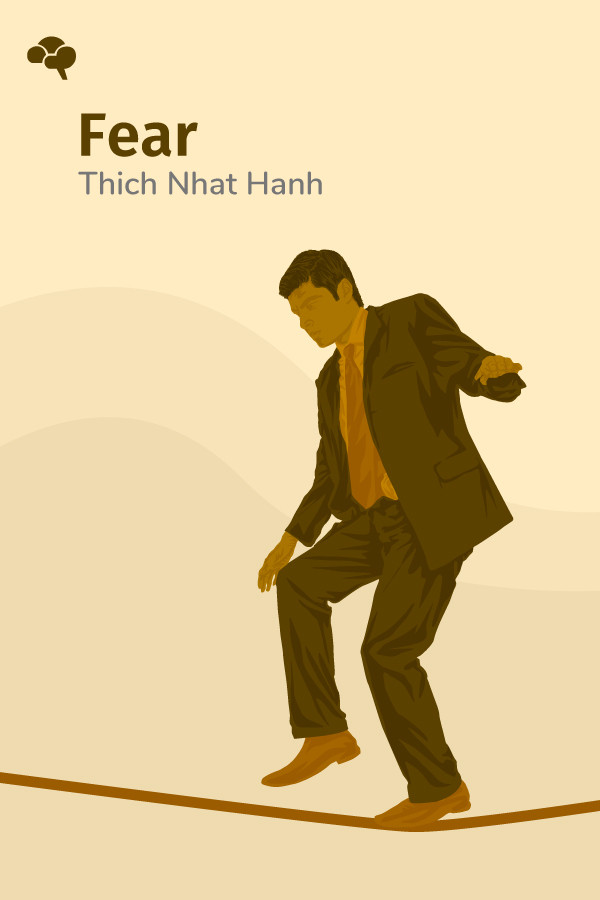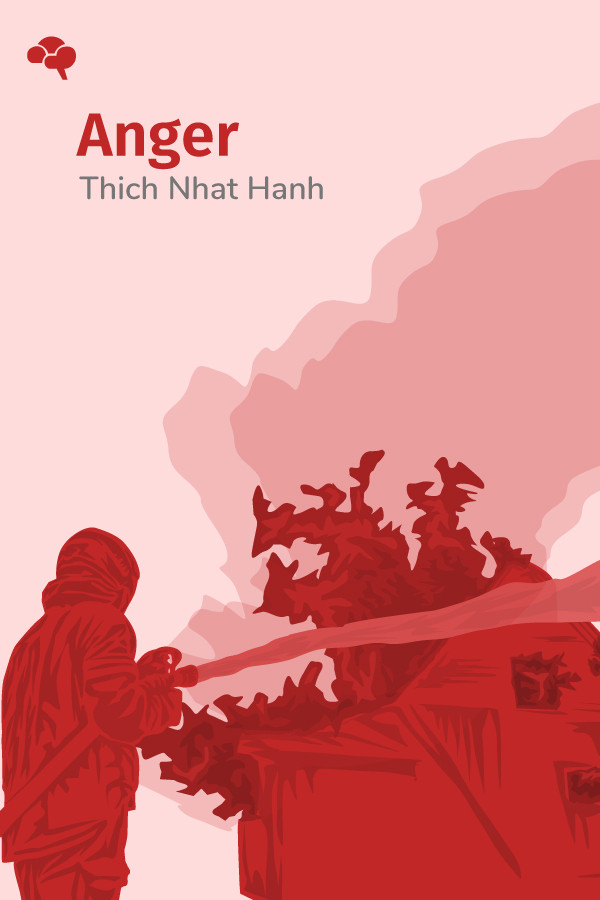Thích Nhất Hạnh
Thích Nhất Hạnh (/ˈtɪk ˈnjʌt ˈhʌn/; Vietnamese: [tʰǐk̟ ɲə̌t hâjŋ̟ˀ]; born as Nguyen Xuan Bao; October 11, 1926 – January 22, 2022) was a Vietnamese Thiền Buddhist monk, peace activist, prolific author, poet, teacher, and founder of the Plum Village Tradition, historically recognized as the main inspiration for engaged Buddhism. Known as the "father of mindfulness", Nhất Hạnh was a major influence on Western practices of Buddhism and mindfulness. He often used the mantra "Present moment, wonderful moment" during walking meditation.
In the mid-1960s, Nhất Hạnh co-founded the School of Youth for Social Services and created the Order of Interbeing. He was exiled from Vietnam in 1966 after expressing opposition to the war and refusing to take sides. In 1967, Martin Luther King Jr. nominated him for a Nobel Peace Prize.
Nhất Hạnh established dozens of monasteries and practice centers and spent many years living at the Plum Village Monastery, which he founded in 1982 in southwest France near Thénac, travelling internationally to give retreats and talks. Nhất Hạnh promoted deep listening as a nonviolent solution to conflict and sought to raise awareness of the interconnectedness of all elements in nature. He coined the term "engaged Buddhism" in his book Vietnam: Lotus in a Sea of Fire.
After a 39-year exile, Nhất Hạnh was permitted to visit Vietnam in 2005. In November 2018, he returned to Vietnam to his "root temple", Từ Hiếu Temple, near Huế, where he lived until his death on January 22, 2022, at the age of 95.
Fear: Essential Wisdom for Getting Through the Storm
Thich Nhat Hahn (1926-2022) was a Vietnamese Zen Buddhist who, for decades, promoted personal peace and world peace, so much so that he was banished from Vietnam for denouncing the Vietnam War and Martin Luther King, Jr. nominated him for the Nobel Peace Prize in 1967. As Hahn saw things, we reflexively flee our fears, but we would do better inviting these feelings up from our inner depths, looking at them plainly and compassionately and befriending them. In Fear, he invites us into the present, where life is perennially ready to welcome us back from the fear-packed poles of past and future.
Anger: Wisdom for Cooling the Flames
The Trappist monk Thomas Merton once said of the Vietnamese Buddhist Thich Nhat Hanh “[he] is more my brother than many who are nearer to me in race and nationality, because he and I see things the exact same way.” Martin Luther King Jr. described the monk as “a holy man, for he is humble and devout…a scholar of immense intellectual capacity.” So strongly did King believe in Hanh’s program for peace that he nominated Hanh for the Nobel Peace Prize in 1967. Hanh died in 2022, but his teachings continue to captivate and challenge people around the world. In Anger, Hanh explores the nature of anger and offers practical suggestions for how to tend to our anger and the anger of others. He submits that an angry person is a suffering person, in need of compassion.
Bio information sourced from Wikipedia


